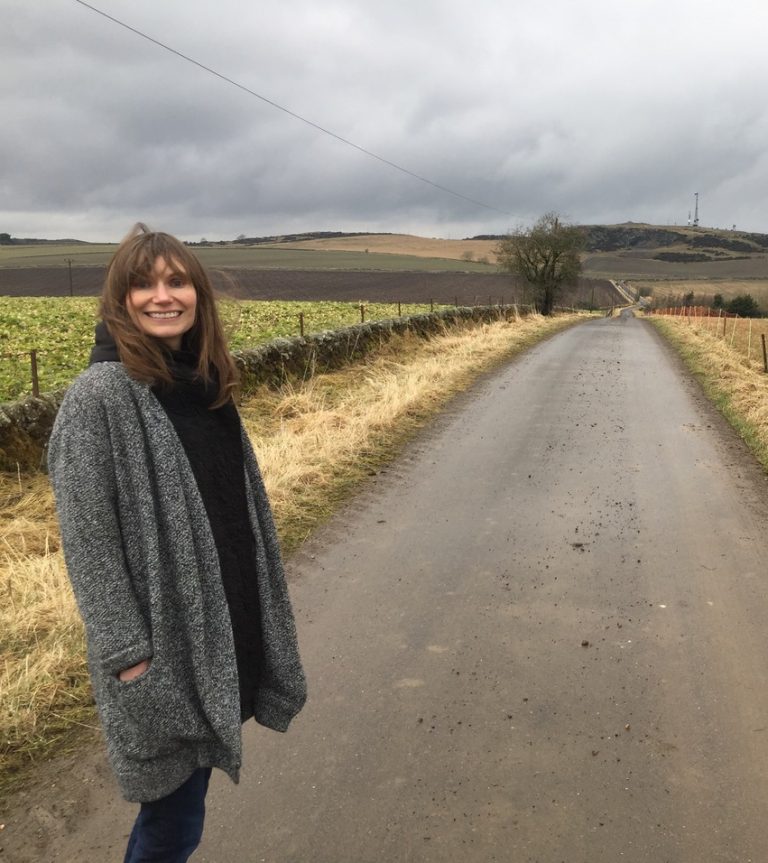Location
Online
Date
May 26, 2021
Time
12:00 EDT
Cost
Free
Event video
Part of the How Data Can Warp Our World series of conversations
Our exhibition Bending Lines: Maps and Data from Distortion to Deception examines how visual representations of the world can shape what people believe. But sometimes biases and distortions are built into the data that is used to produce a map. Far from offering a perfectly objective, all-encompassing view of the world, data sets of all kinds are deeply shaped by human choices.
In this conversation series, we talk with experts about why we should be careful about geographic information in modern data. How is data collected, and how does it get fixed into categories and numbers? Who gets to own data sets, and who gets to make decisions using them? What sorts of public responsibilities should shape the social lives of data?

These talks are free and will have time for questions. They are designed for general public audiences. Talks will be broadcast over the LMEC’s YouTube Live and Facebook Live channels.
Morgan Currie is a lecturer in data and society at the University of Edinburgh whose work focuses on open data, automation in social services, activists’ data practices, civil society and democracy, participatory mapping, and social justice among other topics.
Bending Lines was made possible in part by a grant from the Institute of Museum and Library Services.
Suggested further reading
Cosgrove, D. (2008). Cultural cartography: Maps and mapping in cultural geography. Annales de géographie, 117(660-661), 159–178. https://doi.org/10.3917/ag.660.0159
Currie, M. & M. Correa (2021). Tangibles, intangibles and other tensions in the Culture & Communities Mapping Project.Cultural Trends. 10 May. DOI: 10.1080/09548963.2021.1910491
Duxbury, N., Garrett-Petts, W. F., & MacLennan, D. (2015). Cultural mapping as cultural inquiry. Routledge.
Harley, J. B. (1989). Deconstructing the map. Cartographica: The International Journal for Geographic Information and Geovisualization, 26(2), 1–20. https://doi.org/10.3138/E635-7827-1757-9T53
Pickles, J. (2004). A history of spaces: Cartographic reason, mapping, and the geo-coded world. Psychology Press.
Segalo, P., Manoff, E., & Fine, M. (2015). Working With embroideries and counter-maps: Engaging memory and imagination within decolonizing frameworks. Journal of Social and Political Psychology, 3(1), 342–364.
Crawhall, N. (2007). The Role of participatory cultural mapping in promoting intercultural dialogue: We are not hyenas; a reflection paper. http://www.iapad.org/wp-content/uploads/2015/07/nigel.crawhall.190753e.pdf


